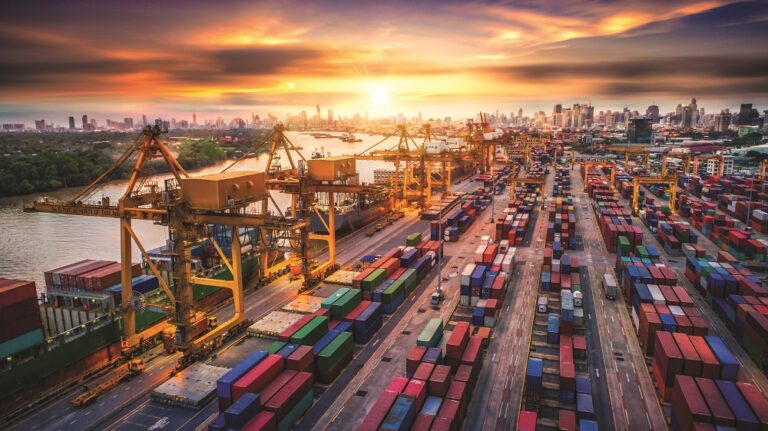Border controls for EU goods imported into Great Britain will be introduced in stages throughout 2021 to give businesses affected by coronavirus more time to prepare.
- From January 2021: Traders importing standard goods, covering everything from clothes to electronics, will need to prepare for basic customs requirements, such as keeping sufficient records of imported goods, and will have up to six months to complete customs declarations. While tariffs will need to be paid on all imports, payments can be deferred until the customs declaration has been made. There will be checks on controlled goods like alcohol and tobacco. Businesses will also need to consider how they account for VAT on imported goods. There will also be physical checks at the point of destination or other approved premises on all high risk live animals and plants.
- From April 2021: All products of animal origin (POAO) – for example meat, pet food, honey, milk or egg products – and all regulated plants and plant products will also require pre-notification and the relevant health documentation.
- From July 2021: Traders moving all goods will have to make declarations at the point of importation and pay relevant tariffs. Full Safety and Security declarations will be required, while for SPS commodities there will be an increase in physical checks and the taking of samples: checks for animals, plants and their products will now take place at GB Border Control Posts.
A new £50million support package will boost the capacity of the customs intermediary sector – including customs brokers, freight forwarders and express parcel operators – providing businesses with further support ahead of the new processes taking effect in July 2021. This funding will support intermediaries with recruitment, training and supplying IT equipment to help handle customs declarations. Rules will also be changed to remove barriers for intermediaries taking on new clients.
In total, the Government has now provided £84m to grow the customs intermediary sector to encompass EU trade after 2020.
Additionally, the Government has committed today to building new border facilities in GB for carrying out required checks, such as customs compliance, transit, and Sanitary and Phytosanitary (SPS) checks, as well as providing targeted support to ports to build new infrastructure. Where there is no space at ports for new infrastructure, the Government will build new inland sites where these checks and other activities will take place. The Government is consulting with ports across the UK to agree what infrastructure is required.
This approach is for GB/EU trade. This approach does not apply to the flow of trade between Northern Ireland and Ireland, or between Northern Ireland and GB which is covered by the Withdrawal Agreement.


